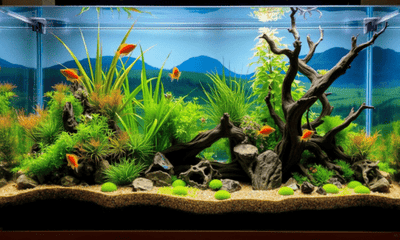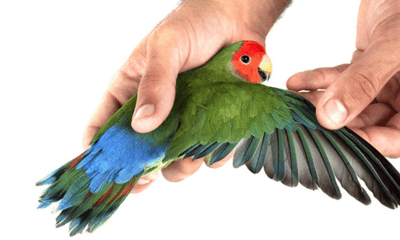Have you ever excitedly bought a variety of toys for your furry friend, only to find out that they show little to no interest in them? It can be disheartening and confusing for pet owners to see their dog disinterested in toys, especially when it seems like every other dog happily plays with them. However, there are several reasons why your dog might not be interested in toys, and understanding these reasons can help you find ways to engage and entertain your canine companion.
Preference
Just like humans, dogs have their own preferences and personalities. What one dog enjoys, another might not find appealing. Your dog may simply prefer other forms of play or interaction over toys. It's essential to observe your dog's behaviour and understand what activities they enjoy the most, whether it's running, fetching, or simply cuddling with you.
Past experience
If your dog had a negative experience with toys in the past, they might develop a reluctance or fear towards them. For example, if a toy caused them discomfort or injury, they may associate all toys with negative feelings. Similarly, dogs who spent their early life without exposure to toys may not understand their purpose or how to interact with them.
Lack of engagement
Some dogs require encouragement and training to understand how to play with toys. If your dog hasn't been taught how to interact with toys or hasn't received positive reinforcement for doing so, they may not see the value in playing with them. Consider using treats or praise to encourage your dog to engage with toys and gradually introduce them to different types of toys to see what captures their interest.
Health issues
It's essential to consider whether your dog's lack of interest in toys could be due to underlying health issues. Dogs in pain or discomfort may not feel like playing, so if your dog's behaviour suddenly changes or if they seem lethargic, it's crucial to consult with a veterinarian to rule out any medical issues.
Age and breed
Age and breed can also play a role in your dog's toy preferences. Puppies, for example, may go through phases where they're more interested in chewing on objects to soothe teething pain rather than playing with toys. Additionally, certain breeds have specific instincts and preferences when it comes to play. For instance, herding breeds might enjoy toys that allow them to chase and herd, while terriers may prefer toys that stimulate their hunting instincts.
Environmental factors
Your dog's environment can influence their interest in toys. If they have limited space to play or if their environment is too distracting or stressful, they may not feel inclined to engage with toys. Providing a calm and comfortable space for play can help encourage your dog to explore and interact with toys.
There are various reasons why your dog might not like toys, ranging from personal preferences to past experiences and health issues. By understanding your dog's behaviour and needs, you can find alternative ways to engage and bond with them, whether it's through interactive games, training activities, or simply spending quality time together. Here at Woonona Petfoods, we have over 500 different dog toys; including balls, rope toys, dental toys, soft toys, fetch toys, and much more, so there is bound to be something to suit the needs of your fussy friend! Remember to be patient and flexible in your approach, and most importantly, prioritise your dog's happiness and well-being above all else.






